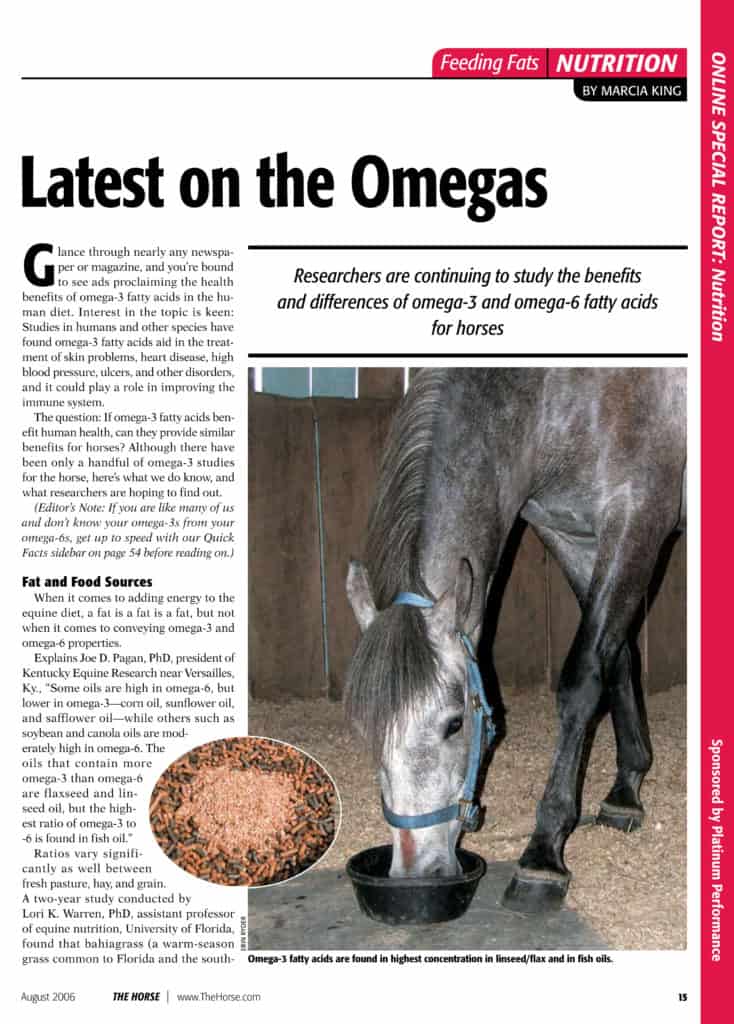Anatomy and Physiology Part 11: Of Blood and Breath
There are few similarities between horses and automobiles, but in a manner of speaking, the horse’s circulatory and respiratory systems constitute its engine. The food a horse consumes is its fuel. The fuel is converted into nutritional energy that
















